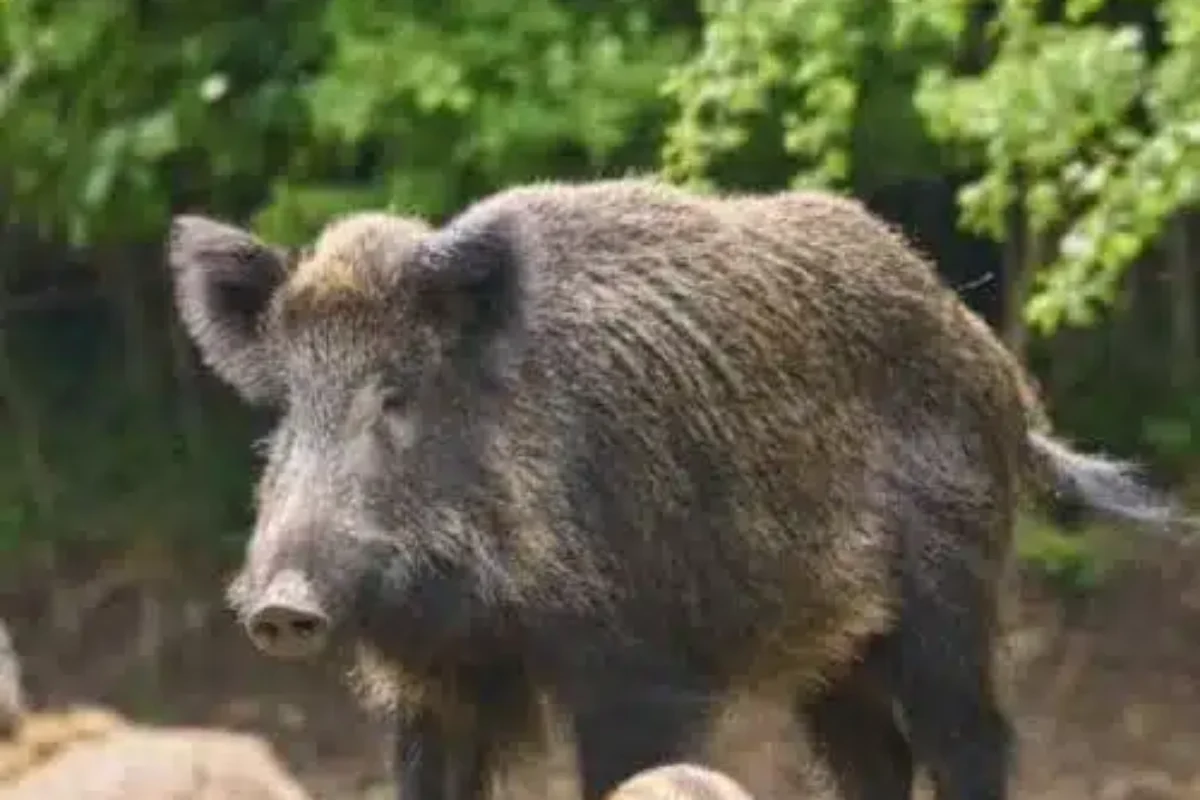
With wild hog populations exploding across California, ethical hog hunting has become a vital tool for protecting farmland, native ecosystems, and biodiversity. These invasive animals wreak havoc on crops and natural habitats, making population control a pressing need—but how it’s done matters. Responsible California hog hunting emphasizes humane practices, respect for wildlife, and compliance with state regulations to ensure that the hunt contributes to ecological balance rather than further disruption. Ethical hunters use proper equipment, avoid unnecessary suffering, and often work with landowners or conservation groups to target problem areas effectively. By combining skill with stewardship, they help preserve the land for future generations while managing a growing threat.
At its core, ethical hog hunting is about practicing respect for wildlife, the environment, and the broader community. In California, wild hogs are considered non-native and legally classified as game mammals, which means hunting them is permitted year-round with the appropriate license and tag.
These are the key components of responsible and humane hog hunting practices:
By adhering to these practices, ethical hunters help restore ecological balance while avoiding unnecessary suffering.
There’s more to California hog hunting than just sport. When done right, it contributes to public safety, environmental health, and even the economy. Here’s how:
Before you grab your gear and head into the field, consider these important factors to ensure your hog hunt is ethical, legal, and effective:
Think Long-Term
There are a few persistent misconceptions about wild hogs and hunting practices in California. Here’s the truth:
Myth: All hog hunting is cruel.
Fact: Ethical hunters prioritize quick, humane kills and full animal utilization.
Myth: Hogs aren’t a big problem.
Fact: California is home to an estimated 400,000 feral hogs, and their numbers continue to grow.
Myth: You need a special license to hunt hogs.
Fact: A standard California hunting license and pig tag are all you need.
California’s wild hog problem won’t fix itself—but with ethical hunting practices, we can manage the population responsibly and protect the land we love. At Conservative Game Management, we’re committed to preserving California’s natural beauty through expert-guided hog hunts that prioritize safety, respect, and sustainability.
Ready to experience a smarter way to hunt? Call us today at (805) 800 8182 to book your next California hog hunting trip.
Yes, wild hogs can be hunted throughout the year with a valid license and tag.
Yes, but only in designated areas. Check with the California Department of Fish and Wildlife for up-to-date maps and regulations.
Many hunters choose to process and eat the meat or donate it to local programs. It’s nutritious and often leaner than domesticated pork.
© Copyright 2023-Present Conservative Game Management. All rights reserved.
Hunting Outfitter Websites by Outdoor Marketers